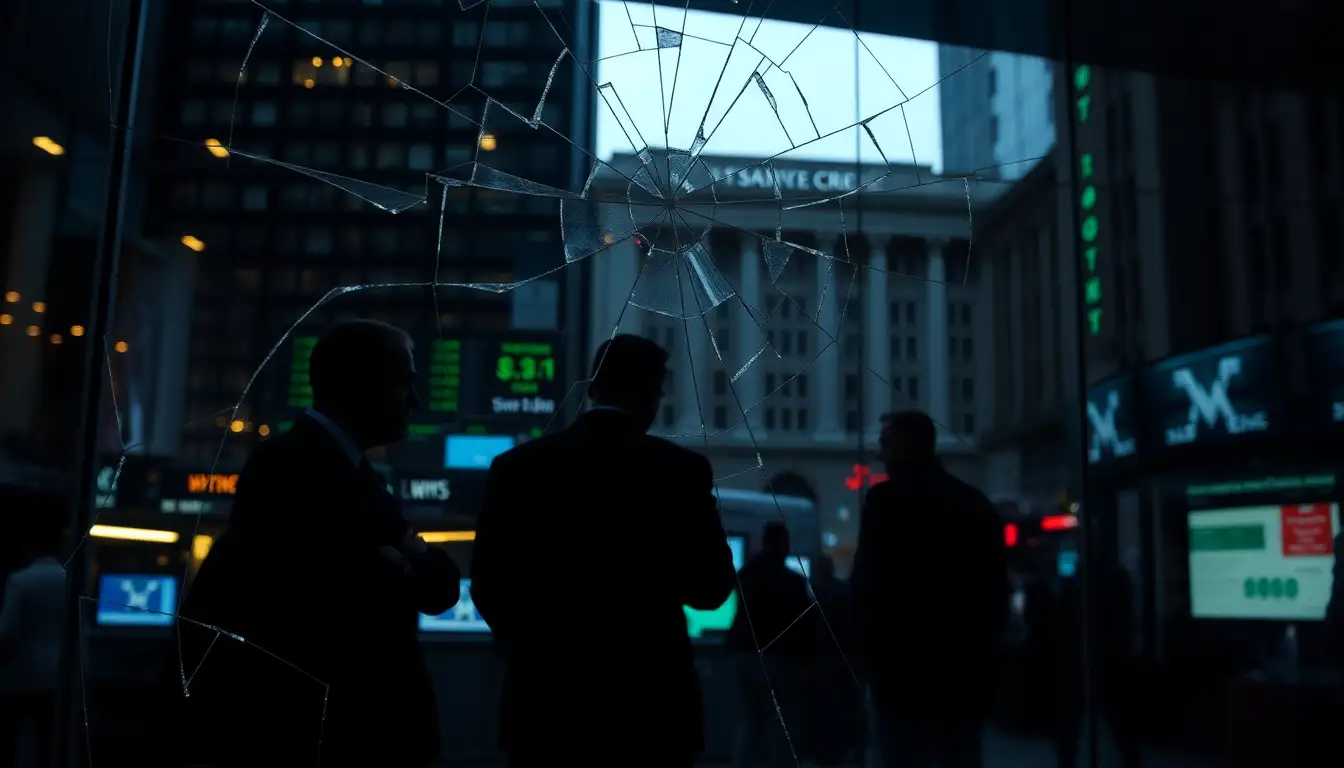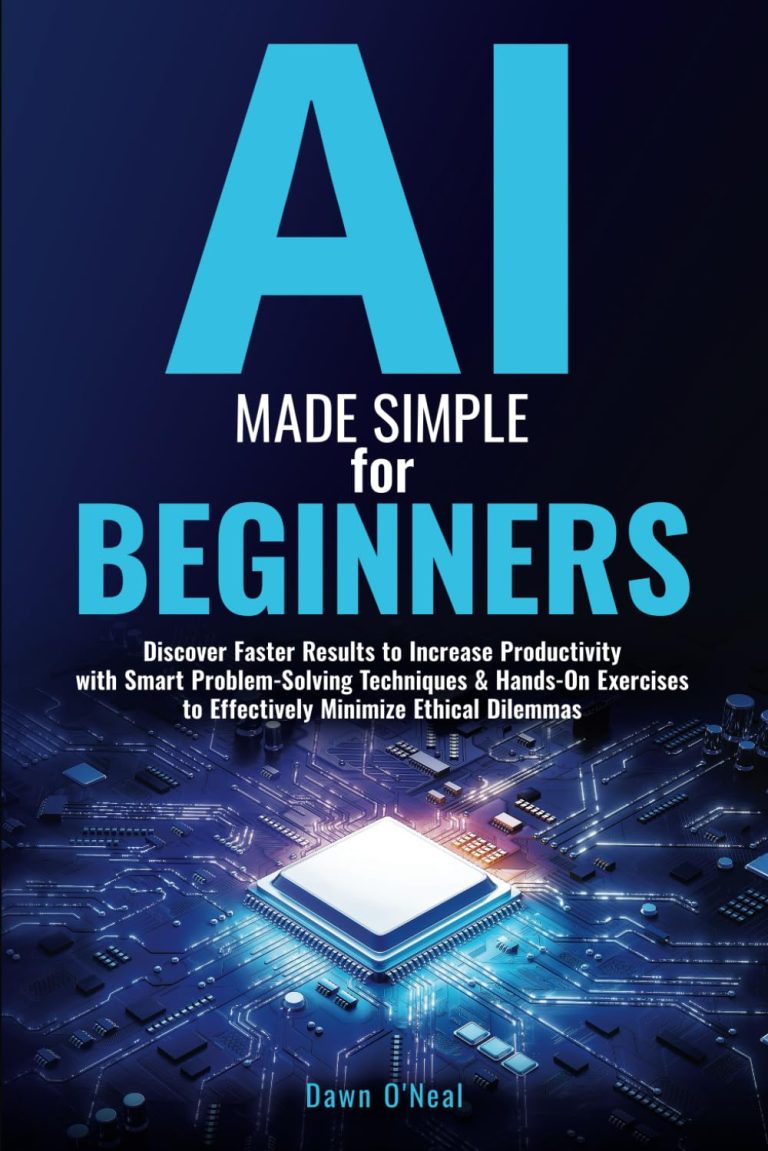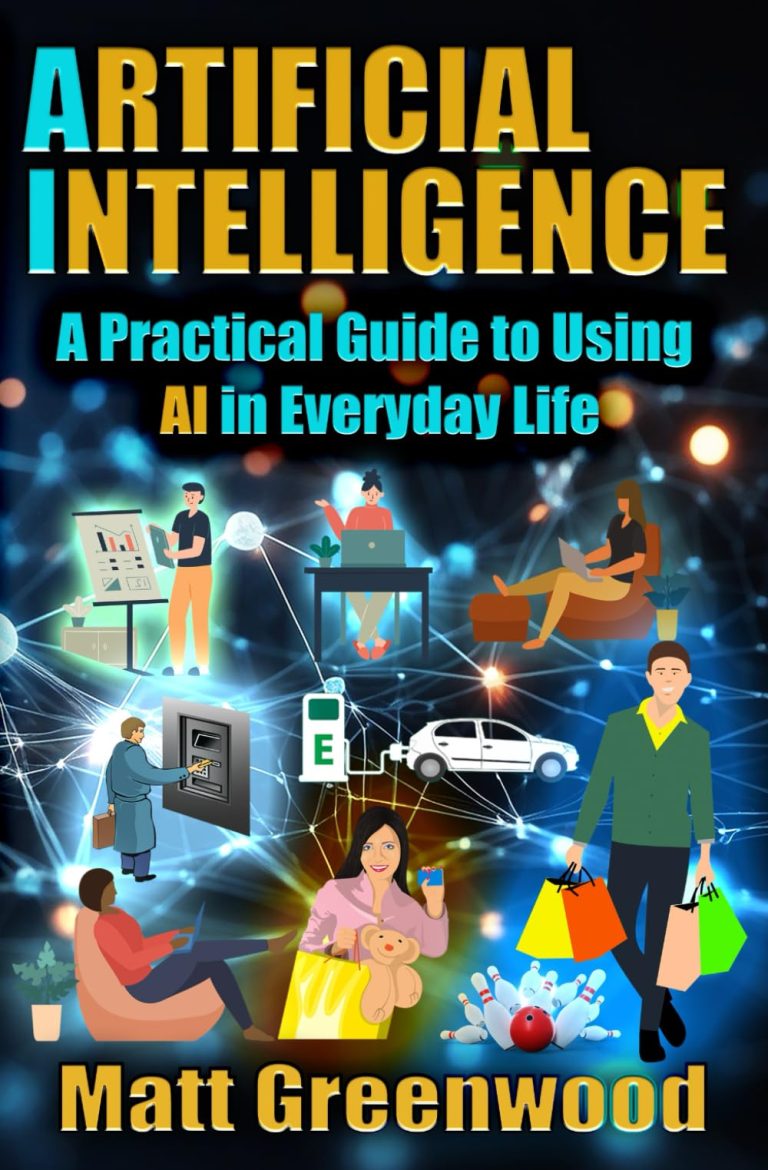
Now loading...
Global stock markets took a significant hit this week, driven by mounting fears that the explosive growth in artificial intelligence company valuations might be starting to deflate.
Investors across the United States, Asia, and Europe reacted to warnings from top bankers about the potential for a major market downturn, following a streak of all-time highs that left some AI-driven firms looking dangerously inflated. In the U.S., the technology-heavy Nasdaq index plunged 2 percent on Tuesday, marking its steepest single-day decline in nearly a month. The broader S&P 500 followed suit, dropping just over 1 percent, with tech stocks leading the retreat.
Every member of the so-called “magnificent seven” AI powerhouses—Nvidia, Amazon, Apple, Microsoft, Tesla, Alphabet, and Meta—saw their shares tumble that day. Adding to the pressure, data analytics giant Palantir experienced an even sharper fall of almost 8 percent, even after the company had upbeat news about boosting its revenue forecasts just a day earlier. Palantir drew extra scrutiny from famed investor Michael Burry, the crisis predictor who inspired the movie The Big Short, after he placed bets against both Palantir and Nvidia, two leading lights in the AI sector. This move triggered backlash from Palantir’s CEO, Alex Karp, who in a CNBC interview accused Burry and similar short-sellers of undermining the ongoing AI transformation.
The unease rippled outward, with Asian exchanges logging their most severe drop in seven months on Wednesday as AI stock worries spread. Benchmarks in Japan and South Korea shed more than 5 percent from their recent peaks, while European markets in the UK, France, and Germany opened lower that morning with modest declines.
These tremors arrived amid cautions from the leaders of major financial institutions. Executives at Morgan Stanley and Goldman Sachs echoed concerns about an impending correction, building on an October alert from Jamie Dimon, CEO of JPMorgan Chase—the nation’s biggest bank—who flagged a possible crash within the next six months to two years. Deutsche Bank strategist Jim Reid noted a swelling debate about whether equities are teetering on the edge of a pullback, describing the past day’s action as a clear shift away from risk as investors grapple with sky-high tech prices.
Broader skepticism surrounds the AI investment frenzy, with critics pointing out that huge sums have flowed to a handful of players, including OpenAI and Nvidia, yet tangible returns remain scarce so far. The volatility even touched cryptocurrencies, as bitcoin briefly slipped under $100,000 for the first time since June, reflecting a flight from high-risk bets amid economic jitters. After hitting a high of over $126,000 in early October, bitcoin ended the month down 3.7 percent—its worst performance in a decade, per CoinMarketCap data.


